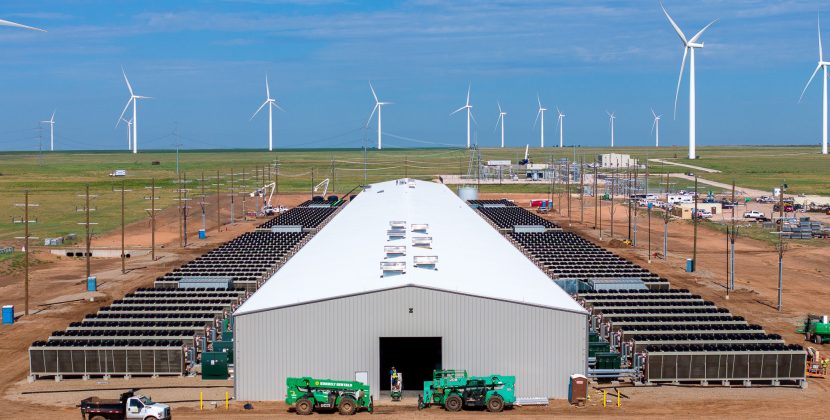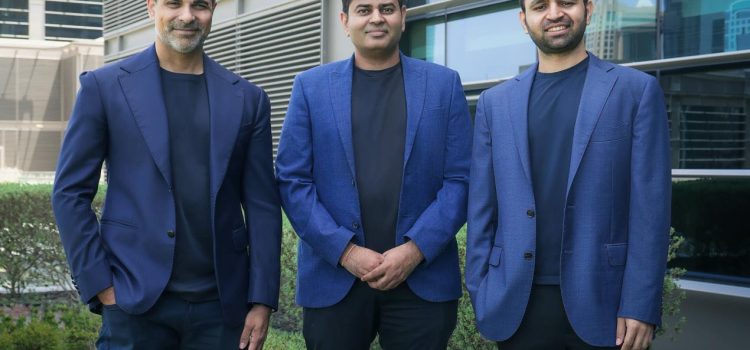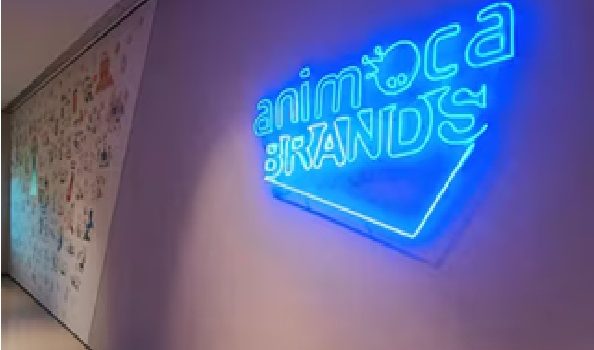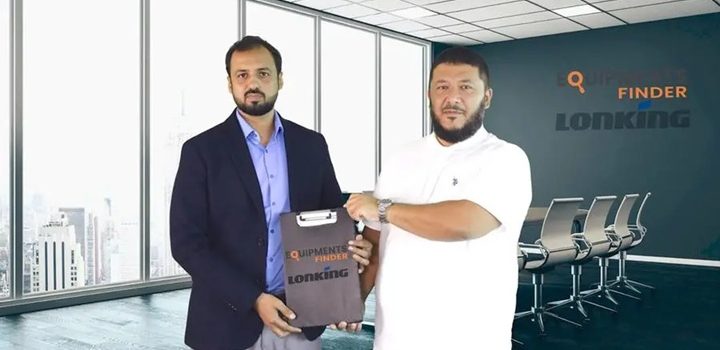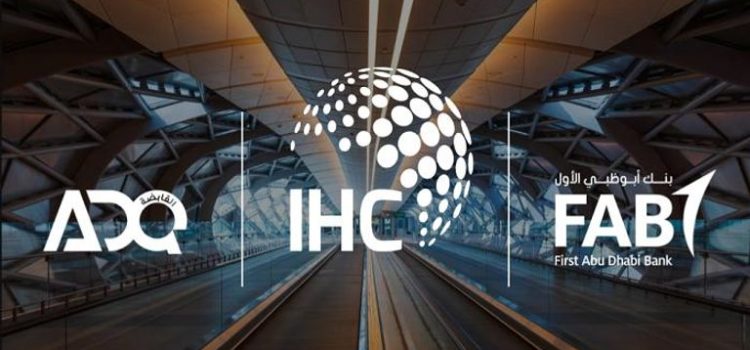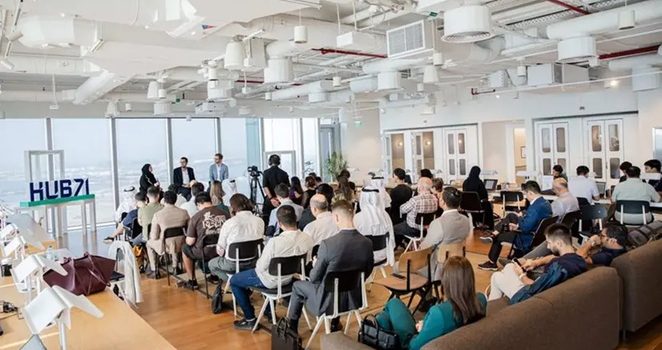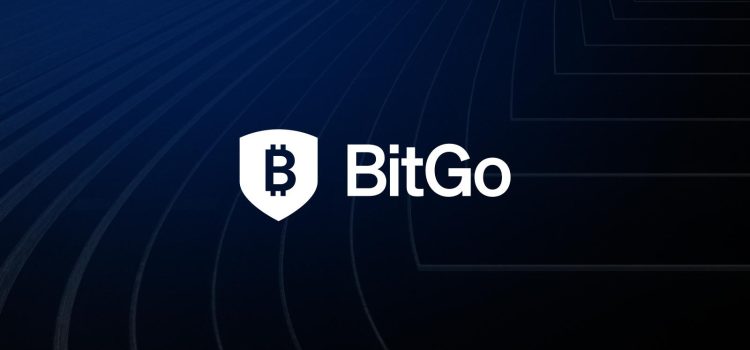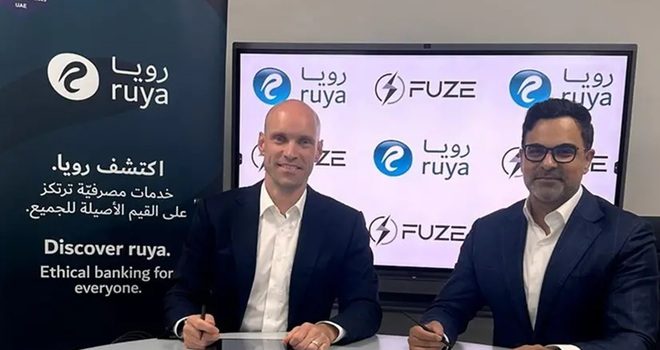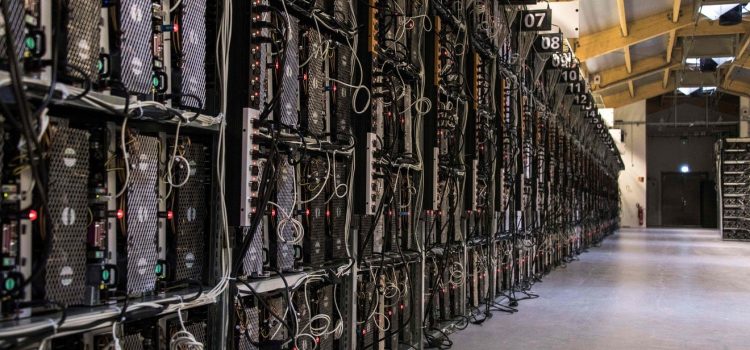
Galaxy, a leader in digital assets and data center infrastructure, and e& capital, the venture capital and investment arm of globaly technology group e& lead $12.2 million Series A funding round in Fuze, the Middle East and Turkey’s fastest growing digital assets infrastructure firm.
As per the press release, the Series A investment will fuel Fuze’s regional and international expansion, accelerate product innovation and compliance, and support top-tier hiring. Fuze provides Digital Assets-as-a-Service infrastructure enabling financial institutions and businesses across MENA and Turkey to offer regulated digital assets to their clients, as well as an Over-The-Counter (OTC) trading desk. In addition, Fuze has now launched a full suite of stablecoin infrastructure products and recently announced its expansion, through FuzePay, into payments.
Mo Ali Yusuf, CEO and Co-Founder at Fuze, stated, “Strategically, Galaxy’s comprehensive digital asset capabilities and e&’s unparalleled network will fast-track our mission to enable any bank, fintech or traditional business to seamlessly integrate digital assets and accelerate regional digital asset adoption. We are seeing a huge surge in demand and we believe that in the next 12 months, every financial institution and business will leverage some type of crypto or stablecoin capability.”
Leon Marshall, CEO of Galaxy Europe, added, “We are thrilled to partner with Fuze and lead this Series A round. The Middle East is poised to become a major hub for innovation, with the UAE demonstrating a willingness to develop comprehensive regulatory frameworks for digital assets and Fuze rapidly advancing its digital assets infrastructure.”
Fuze has been championed from the beginning by Further Ventures, an ADQ-backed venture builder and investment firm. In 2023 the company raised a seed round of $14mn, the largest Seed investment in a digital assets startup in the history of the Middle East and North Africa region (MENA). The investment was led by Abu Dhabi-based Further Ventures, along with participation by US-based Liberty City Ventures.
Mohamed Hamdy, Managing Partner at Further Ventures said, “This fundraising round marks an important milestone for Fuze, a company that Further Ventures backed since inception. We’re proud to welcome leading global investors – including Galaxy, e& Capital, and others – to join us on this journey. We believe Fuze is poised to become a dominant force in enabling digital asset businesses around the world.”
Harrison Lung, Group Chief Strategy Officer e&, said “With our investment in Fuze, we’re excited to align with a team that’s setting the benchmark for what a future-ready, regulated digital asset ecosystem can look like. There’s a natural synergy between Fuze and our fintech portfolio, from e& money to Wio and Careem Pay. And this investment is about backing bold companies who understand the long game, building digital assets infrastructure to supercharge the next wave of financial services innovation.”
In the last year, Fuze has processed over $2 billion in total digital assets volume through their Digital-Assets-as-a-Service platform, stablecoin infrastructure, and OTC.

